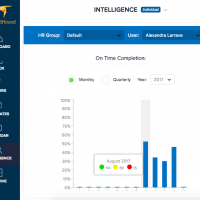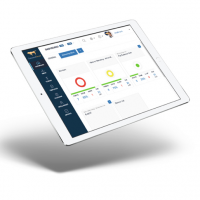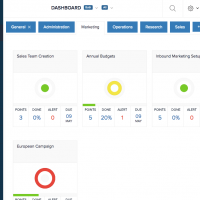Have you ever wondered how to motivate your sales teams in an engaging way that not only encourages them to achieve the next sales goal but also helps them see the big picture?
Insights
You might think your company runs like a well-oiled machine. Your teams deal with problems as they come up and can always finish projects roughly on time. So, what else could you do?
Law firms are notorious for taking great pride in their reputation. And with good cause. How can you try new ways of doing things without impacting your hard earned reputation?
Although the IT profession covers a wide range of job descriptions and responsibilities, certain challenges facing IT professionals are universal. The challenge is always about how to stay up-to-date with new developments while taking care of the day-to-day.
Healthcare providers face the constant fear of falling behind on HIPAA compliance and facing punishments and fines from the federal government. So, what is the best and most cost effective way to make sure things get done when it comes to HIPAA compliance?
Ask anyone in your office how they feel about meetings, and you are likely to get passionate responses on both sides of the aisle.
More companies these days are choosing to outsource their human resources function. With so many available options and variants (ASO, PEO, HRO), finding out which option is best can be daunting.
Every manager has faced the disappointment of assigning a task to a team member and finding out that the task was ignored or slipped through the cracks.
It can be tempting to show up to the office in the morning and immediately start doing things. Coworkers instantly start asking you to address tasks, your email inbox has filled up overnight, and your schedule quickly fills up.
So your company has recently taken a close look at its strategy and developed a new plan for the coming year. Now, how do your move your team into execution mode?









